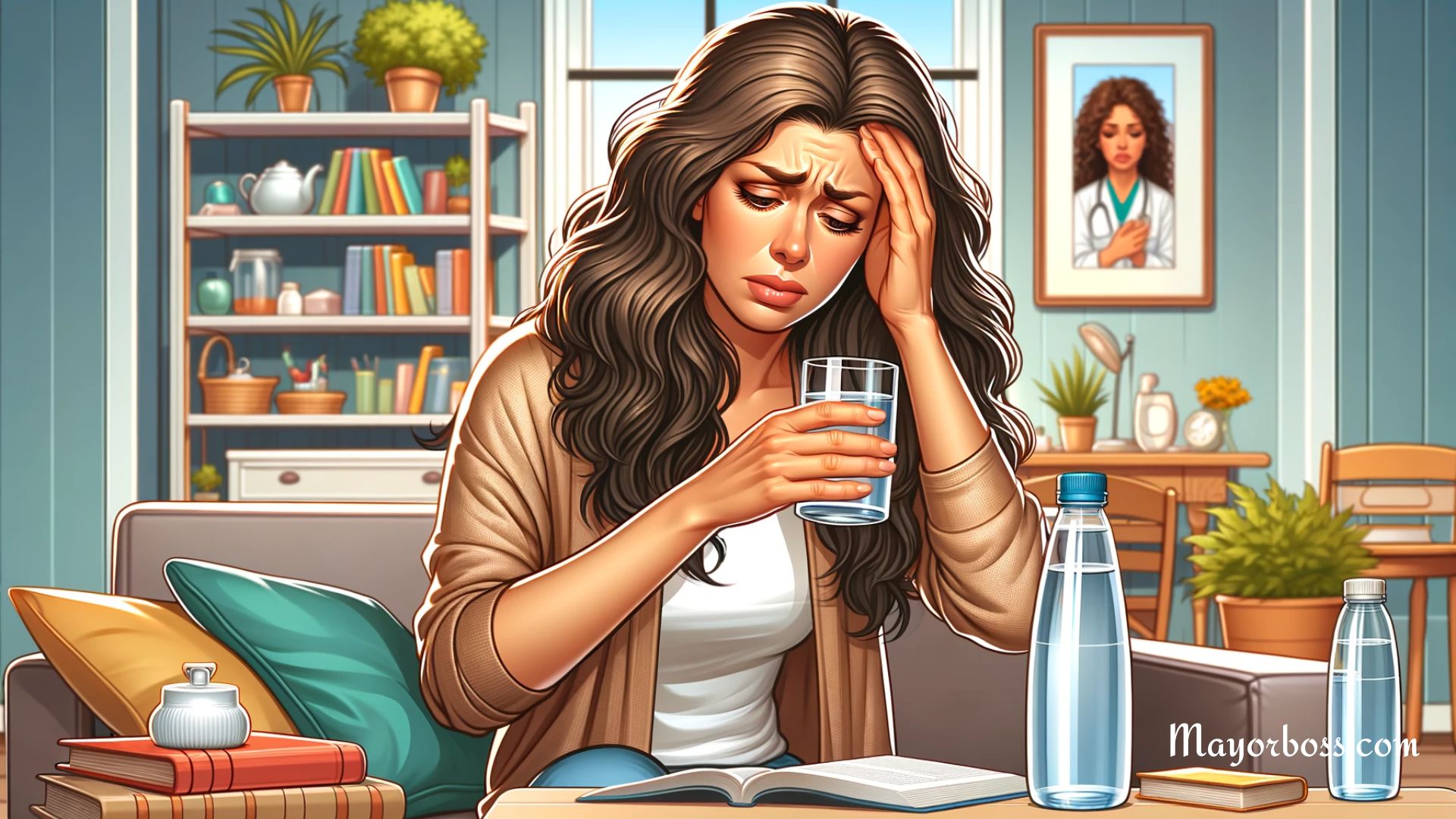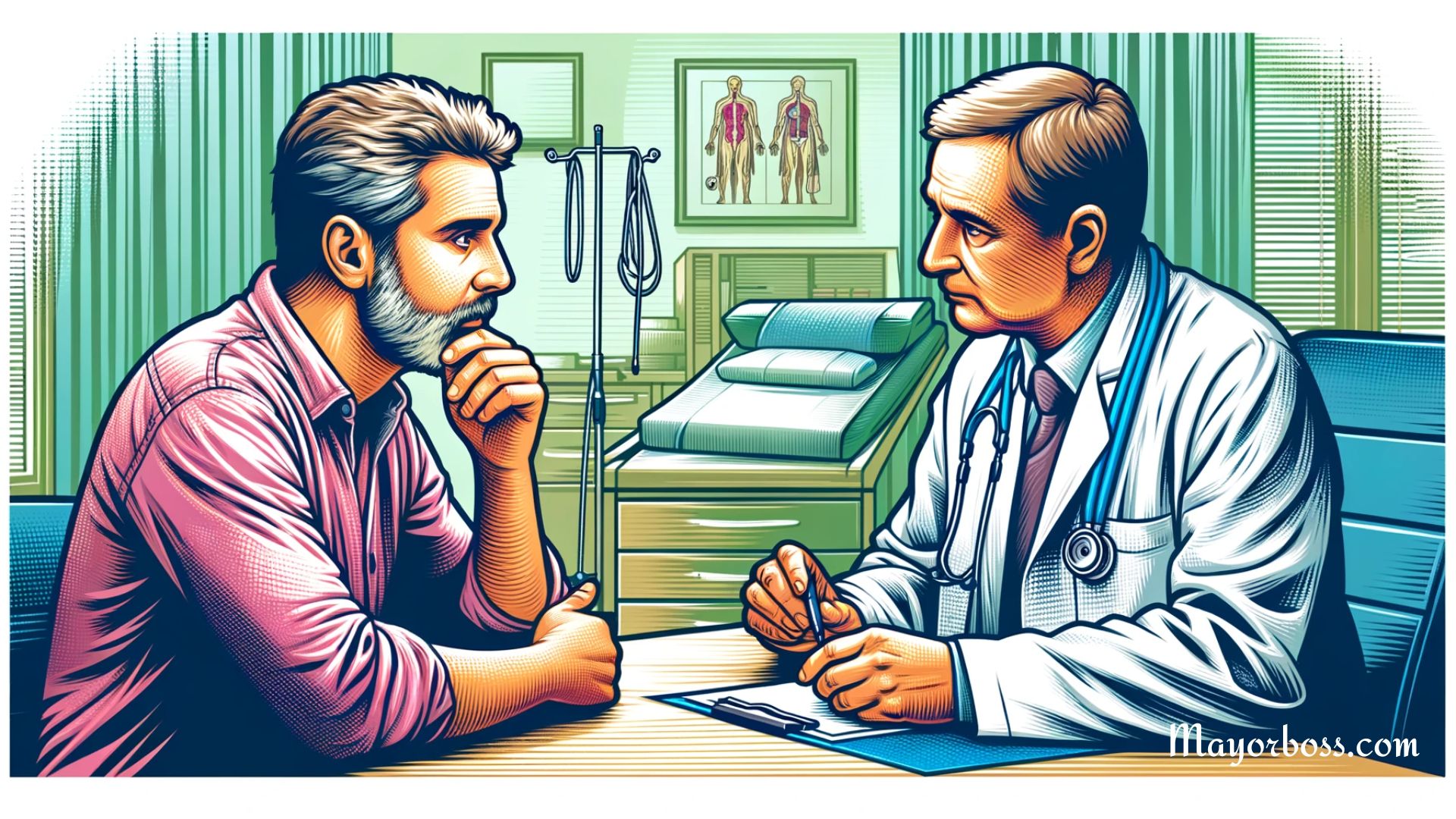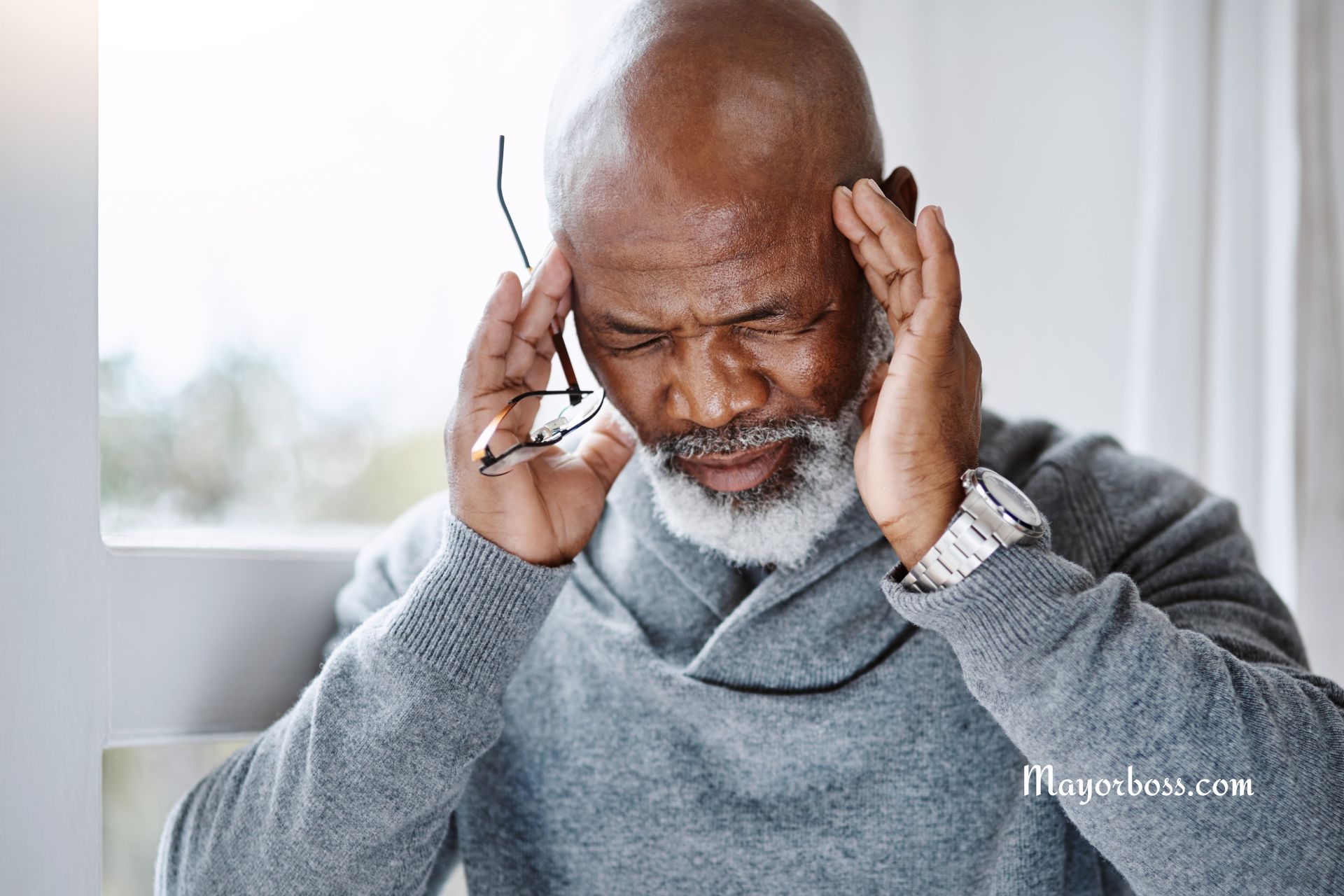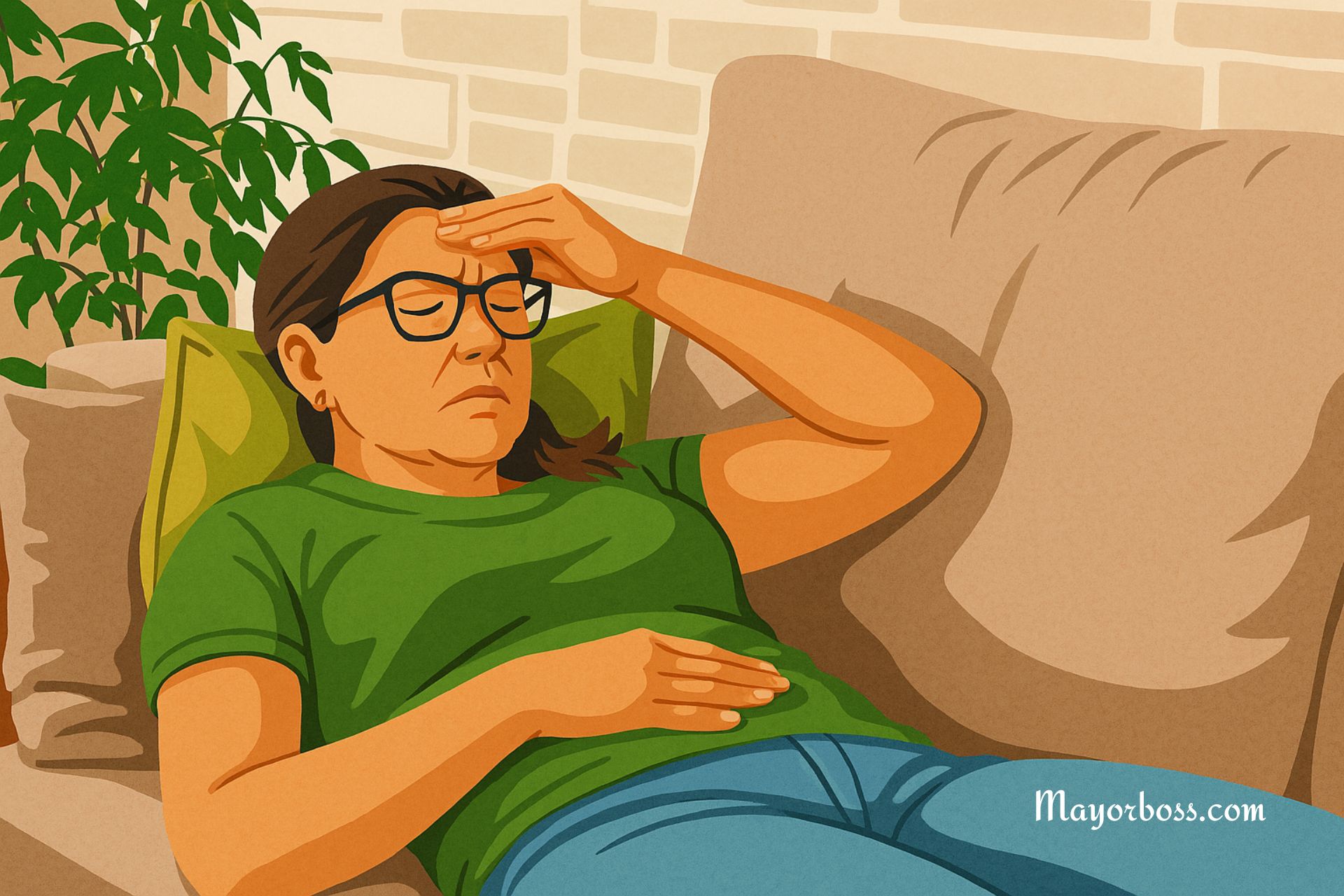Early Signs That Alcohol Use Is Turning Into Addiction
We all enjoy a drink every now and then, whether it’s a glass of wine with dinner, a cold beer after a long day, or a cocktail at a social event. But sometimes, what starts as casual drinking can slowly evolve into something more concerning. Addiction doesn’t happen overnight; it creeps up on you. That’s why it’s so important to spot the early signs that alcohol use might be turning into an addiction.

You Notice Yourself Drinking More Frequently
One of the first signs that alcohol use might be becoming a problem is when you start drinking more often than you used to. Perhaps you used to have a drink only on the weekends, but now you find yourself pouring a glass of wine or mixing a drink on weeknights, too. If you catch yourself reaching for a drink more frequently, especially during times of stress or boredom, it’s a signal worth paying attention to. This change in behavior can sneak up on you, and before you know it, what was once an occasional habit has become a daily routine.
Drinking Alone Becomes a Regular Occurrence
Social drinking is common, and there’s nothing wrong with enjoying a drink in good company. But when drinking alone starts to become a regular part of your life, it could be an indication that alcohol is taking on a different role for you. Drinking alone often means you’re using alcohol as a way to cope with emotions, escape from problems, or simply because you feel you need it to relax. If this sounds familiar, it’s a good idea to consider why you’re drinking and whether it’s becoming something more than just a way to unwind.
You Find Yourself Making Excuses to Drink
Another sign that alcohol use might be crossing the line into addiction is when you start making excuses to drink. Maybe you’re telling yourself that you’ve had a hard day and deserve a drink or that it’s a special occasion (even when it’s not). When drinking becomes something you feel you need to justify, it’s time to take a closer look at your relationship with alcohol. Often, this is a subtle shift—one that can be easy to dismiss at first. However, these justifications can lead to more frequent drinking and, eventually, to dependence.
You Feel Guilty or Ashamed About Your Drinking
Feeling guilty or ashamed about your drinking habits is a clear warning sign. If you often find yourself regretting how much you drank the night before or worrying about how your drinking is affecting your life, these are feelings that shouldn’t be ignored. Guilt and shame can be powerful indicators that your drinking has moved beyond casual use and is starting to impact you negatively. These emotions can also create a vicious cycle, where you drink to forget the guilt but end up feeling even worse afterward.
Your Tolerance to Alcohol Is Increasing
Tolerance is a classic sign of developing addiction. If you’ve noticed that it takes more alcohol to get the same effect that you used to get from just one or two drinks, this is a red flag. Your body is adapting to the alcohol, which means you’re drinking more to achieve the same feeling. This increase in tolerance can lead to consuming larger quantities of alcohol, which not only increases the risk of addiction but also poses serious health risks.
You Experience Withdrawal Symptoms When Not Drinking
Withdrawal symptoms are a major sign that your body has become dependent on alcohol. If you start to feel anxious, shaky, or irritable when you haven’t had a drink, this is a sign that your body is craving alcohol. Other withdrawal symptoms can include sweating, nausea, and trouble sleeping. These symptoms occur because your body has become so used to alcohol that it struggles to function normally without it. If you’re experiencing withdrawal symptoms, it’s essential to seek help, as this is a strong indicator that addiction is developing.
Alcohol Is Interfering With Your Responsibilities
When alcohol starts to interfere with your ability to meet your responsibilities, whether at work, school, or home, it’s a sign that it’s becoming a serious problem. You might find yourself calling in sick to work because of a hangover, neglecting your duties at home, or struggling to keep up with your studies. If alcohol is causing you to fall behind or shirk your responsibilities, it’s a sign that your drinking is no longer just a social activity but something that’s taking over your life.
You’ve Tried to Cut Back or Quit but Can’t
One of the clearest signs that alcohol use is turning into an addiction is when you’ve tried to cut back or quit but find that you can’t. You might have promised yourself that you’d only drink on weekends or that you’d take a break from alcohol altogether, but you find yourself drinking again despite your best intentions. This lack of control is a hallmark of addiction. It’s not just about willpower. Addiction is a difficult condition that usually requires professional help to overcome.
Your Relationships Are Being Affected
Alcohol addiction doesn’t just impact you. It affects the people around you as well. If your drinking is causing problems in your relationships, whether it’s with your partner, family, or friends, this is a serious warning sign. You might find that you’re arguing more often, that loved ones are expressing concern about your drinking, or that you’re isolating yourself from those who care about you. When alcohol starts to damage your relationships, it’s time to seek help before it causes further harm.
Seeking Help Is a Sign of Strength
Spotting the early indications of alcohol addiction is the most pleasing course to take control of your life again. If any of the signs above resonate with you, it’s important to reach out for help. Talk to a doctor or counselor who can guide you toward the support and resources you need. Seeking help demonstrates strength, not weakness. With appropriate support and guidance, it is possible to beat addiction and take charge of your life again.






